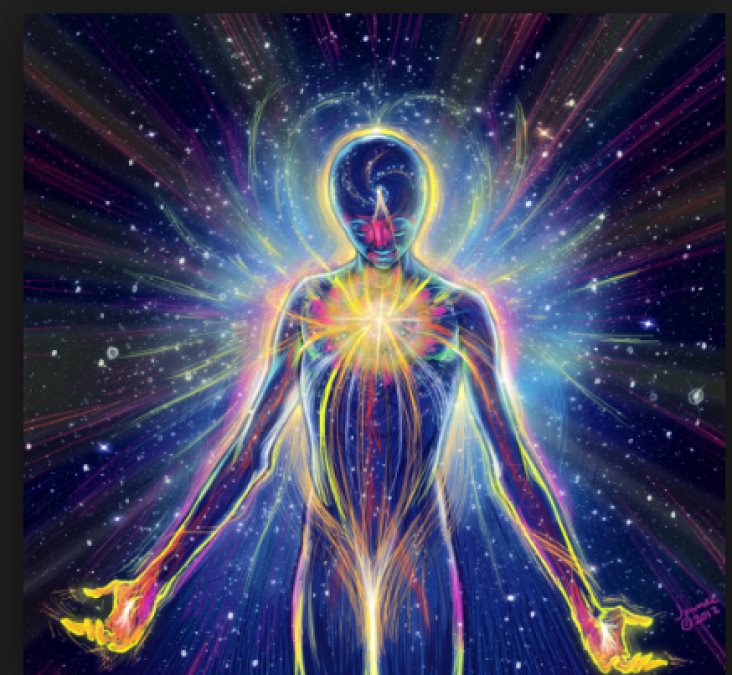
Hinduism believes in reincarnation and the existence of the soul and spirits or ‘atman.’ Kena Upanishad says, "Atman exists," and according to it, there are 6 levels of the soul or 6 types of spirits.
The 6 Levels of Spirits According to the Upanishads
The Kena Upanishad says, “The spirit is one, yet spirit is not one. There are many layers to it. The whole universe is permeated by spirit, by ‘Brahman’ yet in different degrees.” And it goes on to describe the six stages of spirits: Guru, deva, yaksha, gandharva, kinnara, pitr and then come human beings…
Pitr: ‘Pitr’ refers to any of the spirits of the dead ancestors or of all the dead who have been cremated or buried in accordance with the proper rites. These ancestors have got one step more power than humans. Their spirits move around freely in the universe and they have the capacity to bless you. Therefore, you worship your ancestors. (See Pitr Paksha)
Kinnaras: Spirits, one grade higher than the ‘pitr,’ are called ‘kinnaras.’ These souls are behind big social work or political set-ups. The ‘kinnaras’ are entities belonging to our planetary chain who partake partly of nature and partly of spirit. They have a definite place in the economy of the planetary chain and perform their functions very much as the human hierarchy does.
also read Buddhism: Teaches to control Anger with much ease way
Ghandarvas: These spirits are behind every successful artist. These spirits bring you great fame. Yet, along with joy and happiness that you give to the population, it makes you very miserable. Therefore, the ‘ghandarva’ souls, through the artists bring lots of happiness to others, but for the individual, they bring misery.
Yakshas: A ‘yaksha’ brings lots of wealth to you. Very wealthy people are blessed by ‘yakshas’. These souls bring in comfort, but they don’t give joy or happiness from your progeny. From the point of view of happiness from the children, people blessed by ‘yakshas’ are not happy. You are not satisfied either by the behavior or career of their children. Therefore, you become miserable.
Devas: Your body is governed by thirty-three types of ‘devas’. You know them as Gods and Goddesses. The entire universe is under the control of ‘devas’. It is also the diverse form of your spirit. ‘Deva’ means the divine qualities that you express through your character, e.g., benevolence, brilliance, compassion, happiness, etc. ‘Devas’ are present in the consciousness and in every cell of your own body.
Siddhas: A ‘siddha’ is a perfected human being who has gone deep into meditation, according to the Kena Upanishad. They are also termed as ‘Gurus’ or ‘Sadgurus.’ These come in a degree higher than the ‘devas.’ The Upanishadic adage ‘Guru bina gati nahin’, means, without a Guru, there is no progress. Therefore, in rituals and pujas, Gurus are first honored and then the 'devas' or Gods.
also read Taraweeh: A special evening Prayer offer during Ramadan; know the unknown fact about it